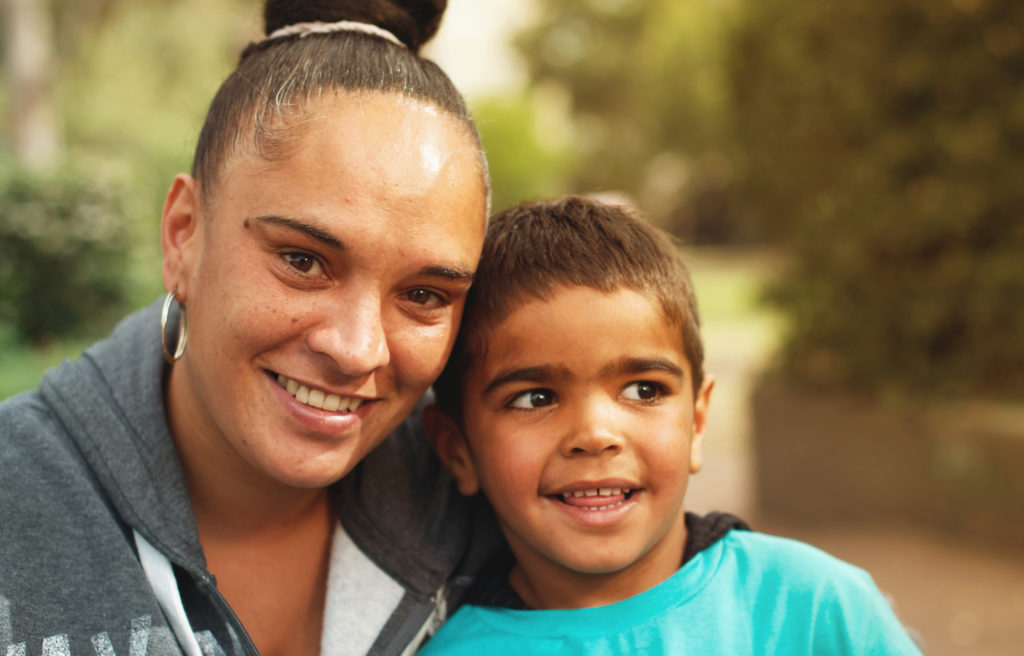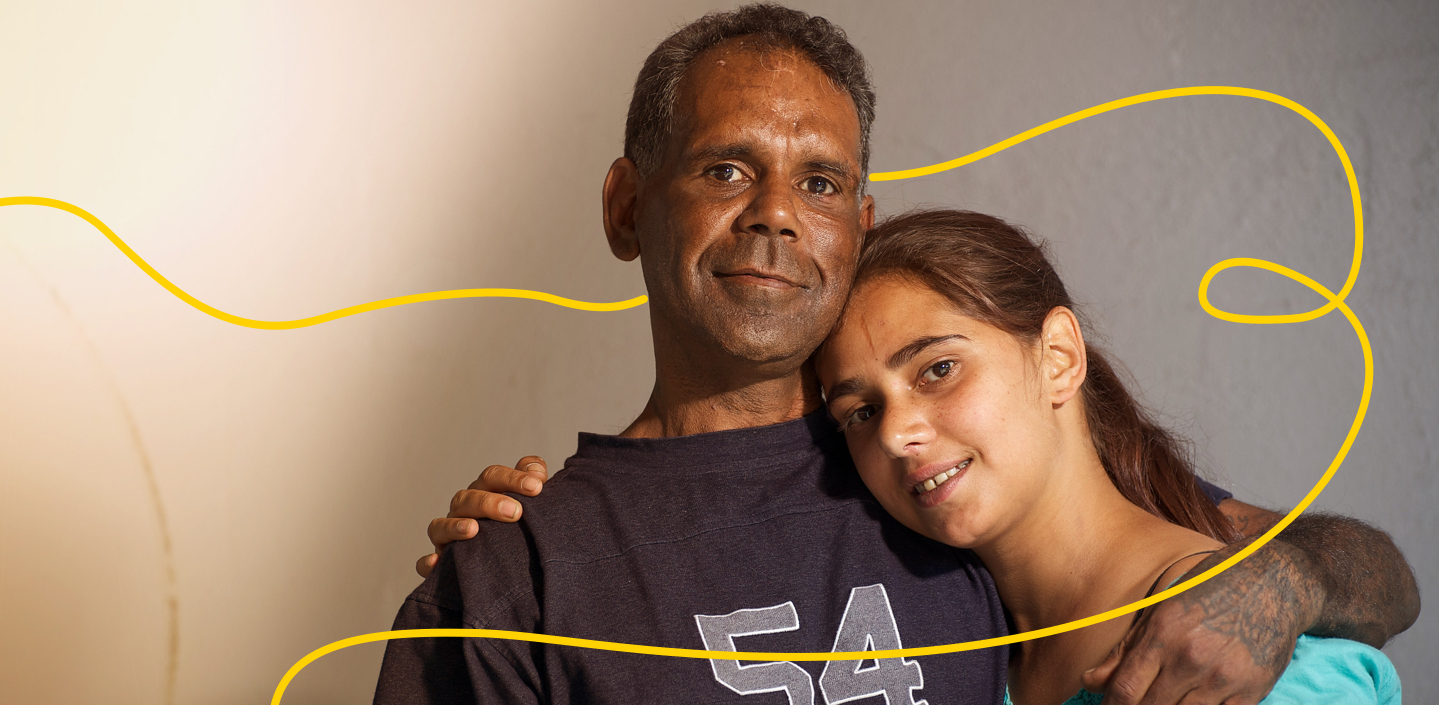Keeping culture at the heart of caring
In Queensland, as with other parts of Australia, there is a disproportionate representation of Aboriginal and Torres Strait Islander children in care. We, along with the Queensland Government, acknowledge that we need to improve the life outcomes of vulnerable Aboriginal and Torres Strait Islander children, and ensure that each child can reach their full potential and thrive.
Our cultural support workers play a vital role and are committed to ensuring Aboriginal and Torres Strait Islander children stay connected to their family, kin, community and culture.
Keeping children in their local community helps them cope with separation from their families, and benefits their health and wellbeing. It’s also crucial for children in foster care to have stable accommodation and nurturing environments so they are better equipped to deal with emotions, behaviour and life’s challenges.
Our ultimate goal is to reunite the children back with their families. Therefore, being aware and supporting their cultural needs is essential to helping them maintain a strong sense of belonging.

We’re here to support you every step of the way
Part of the cultural support and training we provide includes:
- Assigning a dedicated cultural support worker who will provide information on cultural services, activities and the history of the child's family connections.
- Creating a tailored cultural support plan.
- Cultural awareness training programs to highlight ways you can help them experience and learn about their culture.
Understanding and learning about Aboriginal and Torres Strait Islander culture and community will be an ongoing part of your journey. There are many of great resources available online.
The SNAICC Supporting Carers website is a good starting point. It covers helpful information and tips on the day-to-day care of Aboriginal and Torres Strait Islander children. Visit the website here to read more.
Staying connected
There are many ways you can weave culture into your home and day to day activities. Here are three ideas to help you get started:
- Visit the Library - if you have younger children in your care, visit the local library together. Look for story and picture books that celebrate family diversity and Indigenous heritage. Encourage your child to select the ones that interest them.
- Watch Educational TV programs - there are plenty of educational TV shows featured on SBS and NITV. Animated series like Jarjums, cooking shows such as Kriol Kitchen or sports related show like Marngrook Footy Show may be good starters.
- At home, help them personalise their space - display family photos, artwork, flags and any cultural items that are significant to your child.
You Be You is dedicated to celebrating the diversity of carers and the important role they play in keeping kids in care safe. If you want learn more about the cultural support we offer, click here. You are also welcome to attend an information session near you – this way, you can ask questions specific to your situation and assess if foster or kinship caring is right for you. Click here to locate an information session.
Sources:

